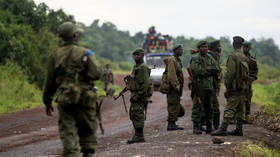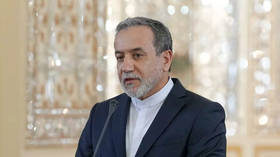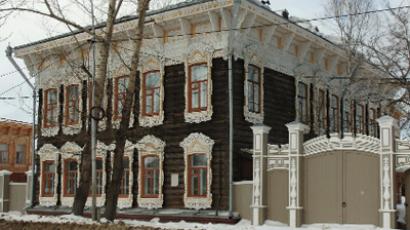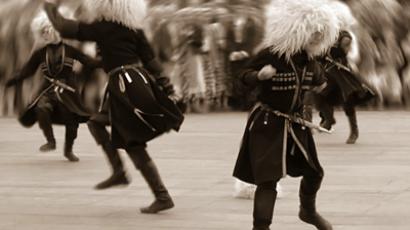Survivors of North Ossetia’s bloody conflicts forced to fend for themselves
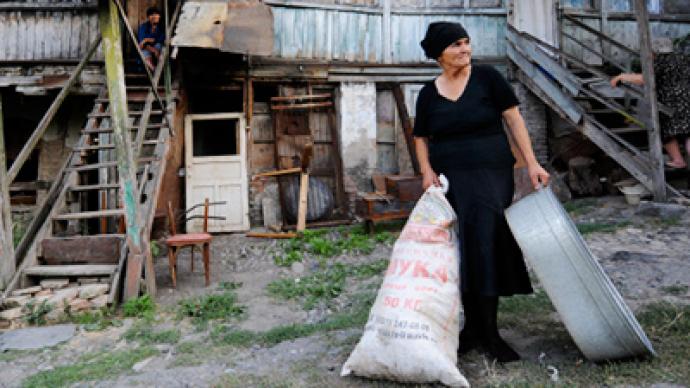
The mountainous region on Russia`s southern border has had a volatile existence since the breakup of the Soviet Union. Fighting has displaced thousands of people, many of whom remain in camps to this day.
Residents of North Ossetia say that Russia had never faced problems with refugees before the ethnic conflicts of the 1990s. However, at the moment there are almost 11,000 refugees across North Ossetia and 40 areas housing them. In the village of Kambileevskoe, in the suburbs of Vladikavkaz, shacks look like they are barely holding together, actual houses lying in ruins, broken furniture strewn all about the ground – these are the far from welcoming images in the village of Kambileevskoe, one of dozens of residential refugee areas in North Ossetia.Fifty-four families have lived there in such conditions for over 20 years. A new generation has already been born, but still nothing has changed. They say they have already lost hope.Some 120,000 people descended on the area in 1992 after a bloody ethnic conflict between South Ossetians and Georgians that lasted two years. Ossetians by origin, they were born in Georgia but fled, fearing for their lives.Hatuna Dzabieva was among them.Her husband became one of the many casualties of the bloody conflict. Georgian by origin, he was helping Ossetian people and as Hatuna says, was killed by his own kind. She only found her husband’s body some six months later.Alone with two small children, she received a one off compensation payment from the government, but no official recognition as a refugee, and the benefits that would come with it.“It is very difficult to get refugee status that would help my family somehow. And the only thing that I’m asking right now is to give us land so we could build houses and live in normal conditions,” she said.Hatuna Dzabieva is not alone. Many had to flee so fast they left all their important documents behind, leaving them with little other option than to fend for themselves.“It is impossible to live like this. I stopped thinking about my life but I think about the children. What are they left with? Please help us.The only thing we are asking is to give us a plot of land where we can live,” Naira Terehova echoes Hatuna’s words.But just ten kilometers away lives a different ethnic group that has also experienced the realities of life as refugees.The ethnic conflict between Ingush and Ossetian people happened almost at the same time, in 1992, and forced over 32,000 Ingush people to leave their land and spread out in the region of the North Caucasus. However, special government programs allowed the vast majority of them to return home.Of 400 Ingush families that lived in a remote village in North Ossetia before the ethnic conflict, almost half have now returned. Azamat`s family is among those who came back. He says despite the horrors that happened there – he still feels it is his native land. “This is my land. I have so many plans in mind. I really want to create as many conditions for the youth to work as possible. Then they will do something useful and will not have time to think about any stupid things. And yes, me and my family, we are all happy that we came back over here,” he said.Azamat lost two brothers in the fighting, and his family was forced to move from place to place for several years. After the conflict, the government enacted special measures to provide victims with financial aid. Houses and infrastructure were quickly re-built. People here say the same needs to happen for those who feel abandoned in Kambileevskoe, so the horrors of recent times are wiped from the face of the village, even if they are still kept in their minds.



